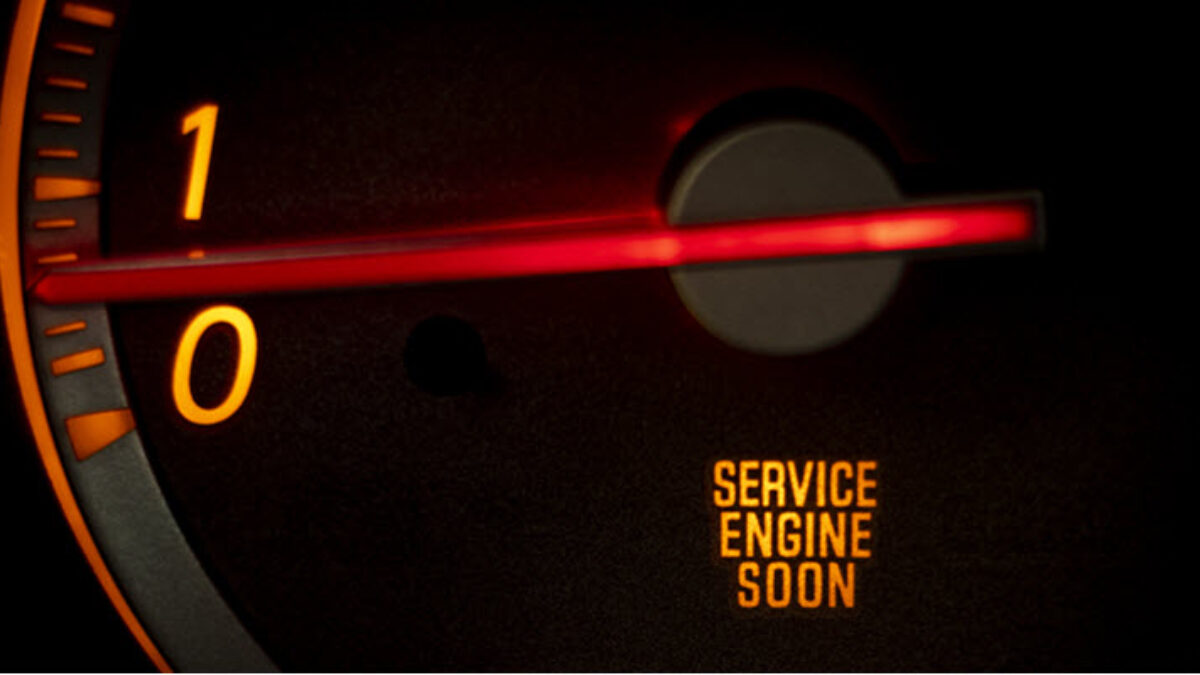The check engine light www.attacproject.eu/, also known as the malfunction indicator light (MIL), is a warning light on your car’s dashboard that indicates a problem with your engine or emissions system. The light may come on for a variety of reasons, some of which are minor and can be easily fixed, while others are more serious and require immediate attention.
Here are some of the most common reasons why your check engine light might be on:
- Loose or faulty gas cap. This is one of the most common reasons why the check engine light comes on. If the gas cap is not tightened properly, it can allow gasoline vapors to escape, which will trigger the light.
- Faulty oxygen sensor. The oxygen sensor measures the amount of oxygen in the exhaust gas and sends a signal to the car’s computer. If the sensor is faulty, it can cause the car to run inefficiently and emit more pollutants.
- Clogged fuel filter. A clogged fuel filter can restrict the flow of fuel to the engine, which can cause the check engine light to come on.
- Faulty spark plugs or wires. If the spark plugs or wires are faulty, it can cause the engine to misfire, which can trigger the check engine light.
- Vacuum leak. A vacuum leak can cause the engine to run lean, which can also trigger the check engine light.
- Engine misfire. If the engine is misfiring, it can cause the check engine light to come on.
- Catastrophic engine failure. In rare cases, the check engine light can come on if the engine has suffered a catastrophic failure.
If your check engine light comes on, it’s important to have it checked by a mechanic as soon as possible. The mechanic will use a diagnostic tool to scan the car’s computer and determine the cause of the problem. Once the cause is known, the mechanic can fix the problem and the check engine light should turn off.
Here are some tips to help you avoid getting the check engine light on:
- Change your oil and filter regularly.
- Check your tire pressure regularly.
- Inspect your spark plugs and wires regularly.
- Avoid using low-quality gasoline.
- Have your car serviced regularly.
By following these tips, you can help keep your car’s engine running smoothly and avoid getting the check engine light on.
Here are some additional things to keep in mind about the check engine light:
- The check engine light may come on and then go off on its own. This is often caused by a temporary problem, such as a loose gas cap.
- The check engine light may flash. This indicates a serious problem that needs to be addressed immediately.
- If the check engine light comes on, you may experience other symptoms, such as decreased fuel economy, engine hesitation, or black smoke from the exhaust.
If you see the check engine light come on, don’t ignore it. Have your car checked by a mechanic as soon as possible to prevent further damage to your engine.

